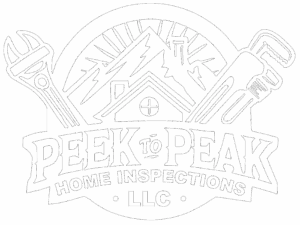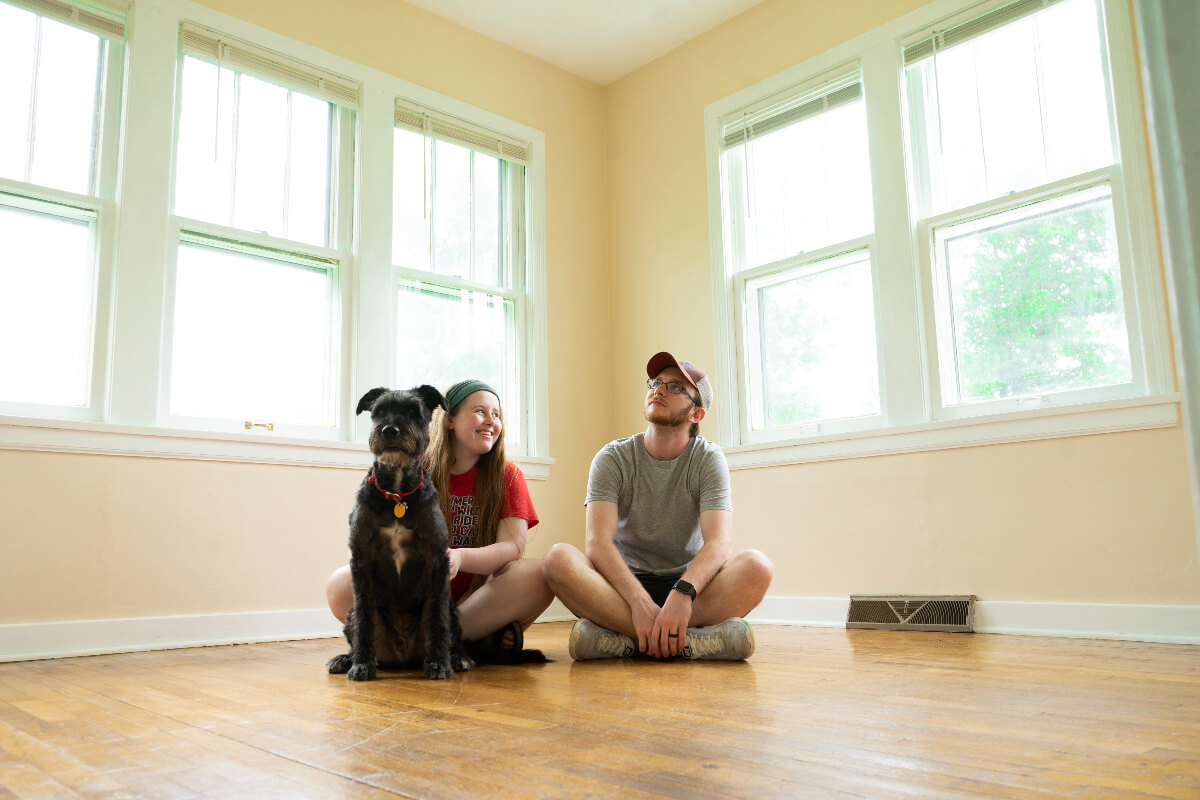
Here is everything you need to know about your home inspection. From how to find a local home inspector, the average inspection cost, how long it should take and even what to do after your inspection is done.
We have a table of contents so you can easily navigate through this treasure trove of knowledge. We also have a few helpful tools for anyone who is beginning their home buying journey!
Let’s get started!
What is a Home Inspection?
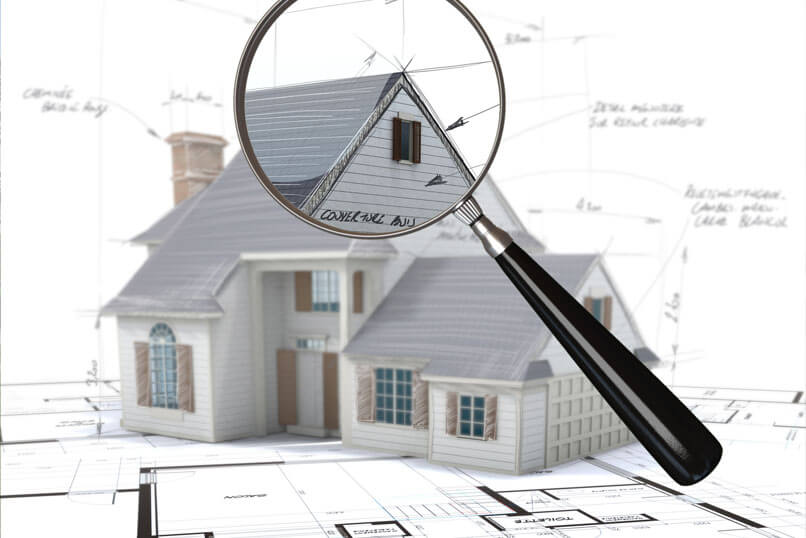
A home inspection is a visual examination of the readily-accessible areas of a home to provide an accurate evaluation of the home’s condition at the time of inspection. Home inspections are designed to disclose defects in the property that could materially affect its safety, livability or resale value.
Your home inspection is not meant to disclose cosmetic defects. The evaluation is presented to the buyer in a comprehensive report so buyers are fully informed of the home’s condition prior to purchase.
In plain speak, it is a top to bottom assessment of your soon to be home or current one. In a single home inspection there are nearly 500 components to go over. It’s a tedious process and should be conducted by an expert.
What is covered in a home inspection?
There are two types of home inspections to be aware of: A four point inspection and a comprehensive or buyers’ home inspection.
A comprehensive Home inspection
Let’s begin by discussing what a comprehensive home inspection or buyers’ inspection is and below we will discuss in greater detail how you can use the information gathered from it to make important decisions. This inspection will cover:
An important point to note about your home inspection is that it helps to educate you on the condition of the home.
Below we discuss how a contingency clause can help you negotiate ways to save money on home repairs, but more importantly a home inspection gives you a fair, third party assessment of the house in which you are about to move yourself and your loved ones into.
It is not used to show you cosmetic defects, it is used to highlight health and safety issues that are of concern.
4-point inspection
A 4-point inspection includes:
Plumbing
Electrical
Roof
HVAC
This type of inspection will generally not fulfill the needs for a buyers’ real estate inspection. It is a tool used by insurance companies to determine risk. A home inspector will list the age, overall condition, and basics such as what material is used for those 4 categories.
It is important to note that the home inspector has no option to add information about factors that tend to lessen the severity about the condition of a home.
Insurance companies will judge a home based solely on any materials or features that are known to have an increased risk of causing damage in the future. Even if the material is being used in a way that may not necessarily increase the harm to the home, this information will not be included in the report.
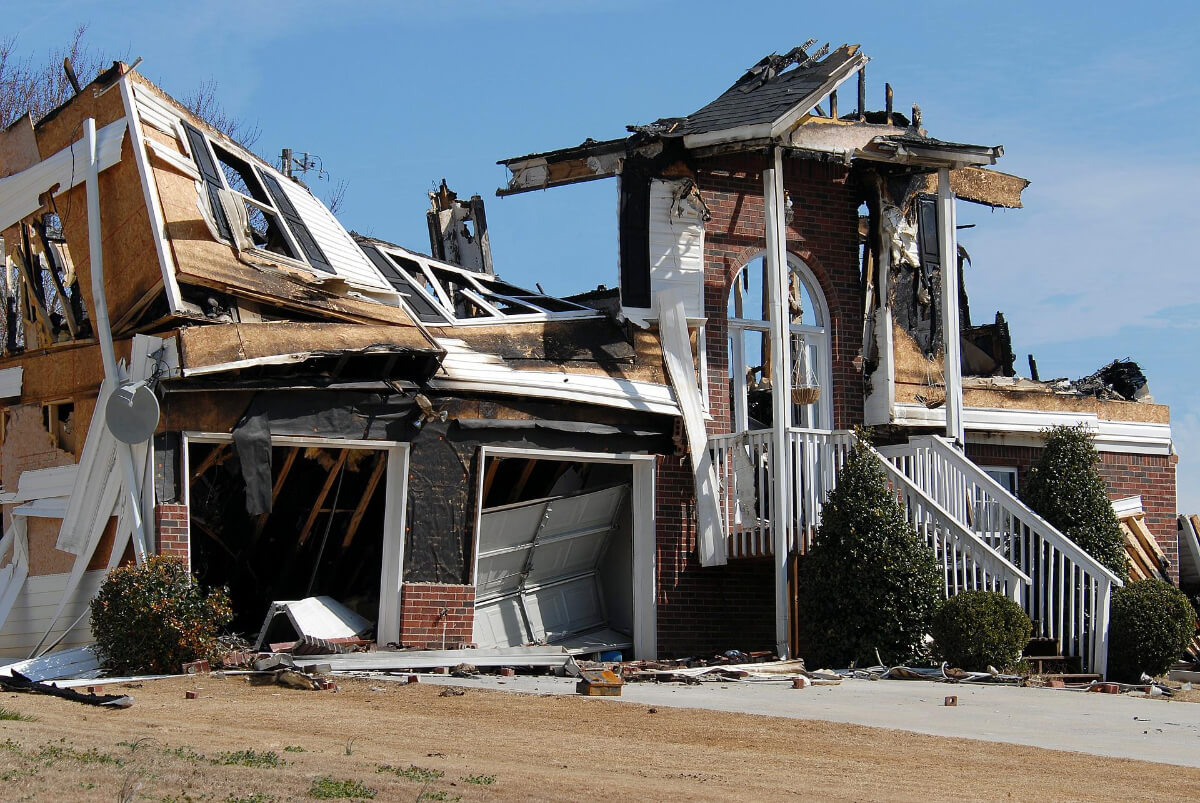
When should you schedule your inspection?
It’s a good idea to schedule the home inspection during daylight hours and on a day that you are free to attend the inspection. The home buyer is encouraged to be present during the inspection, and you should feel free to ask questions. This will allow you to be fully informed about the home and feel confident about your decision.
How to pick a qualified home inspector:
Below we dive into finding a home inspector near you. Who you should consider as an expert and some resources that help you find a qualified inspector that is familiar with your local area.
Who is considered an expert in home inspections?
This might come as a shock but there are no national standards for certification. That does not mean any person can pick up a clipboard or tablet and conduct your inspection, but it does highlight the fact that standards vary based on what state you are located in.
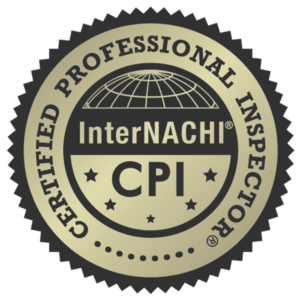
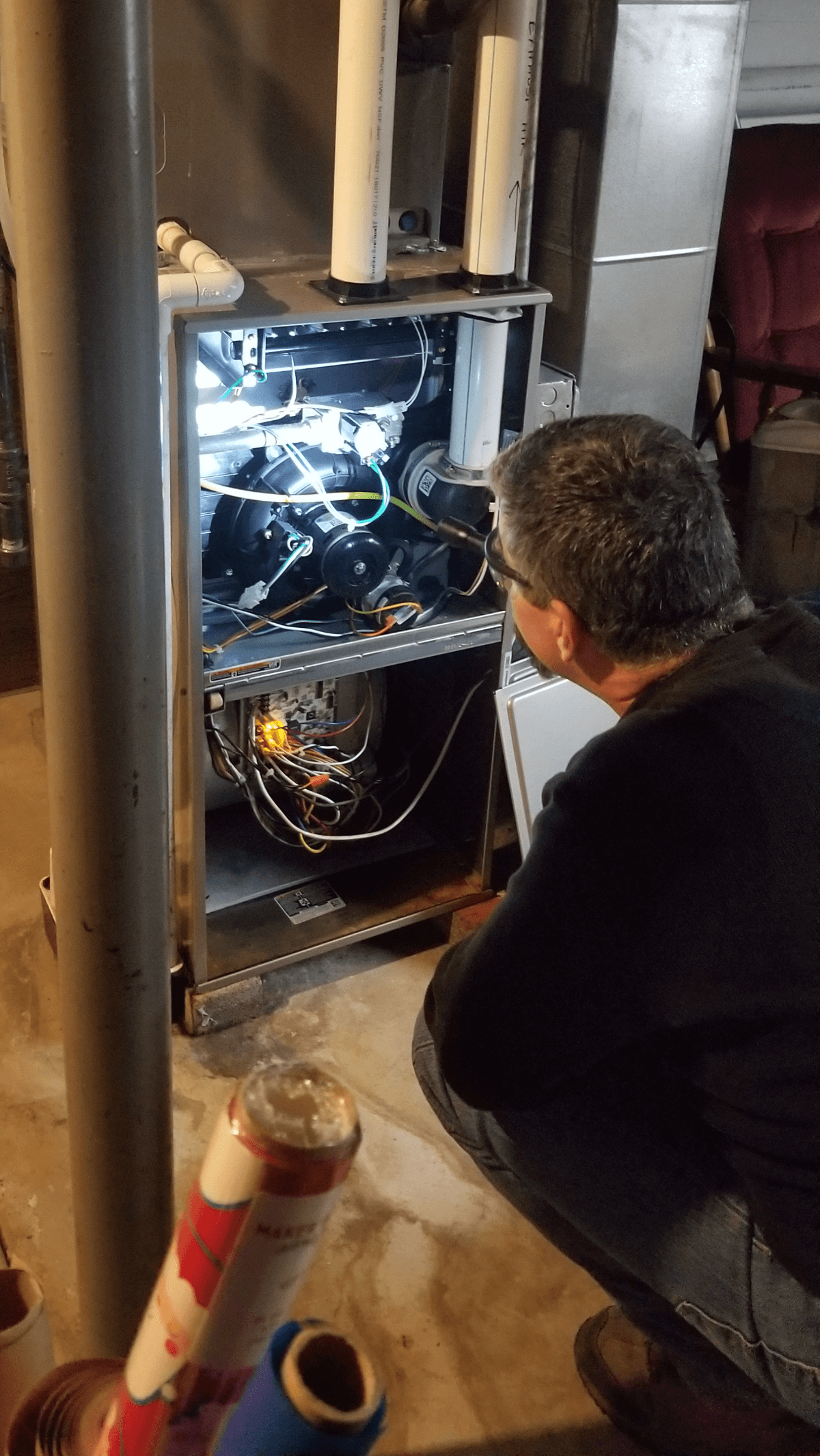
For instance, Peek to Peak Home Inspections is located in Western New York which means that Dan, the owner shown above, (learn more) needed to:
States similar to New York include Texas and Washington, want to learn more about your specific state: Click here
There are also continuing education requirements as building codes change and material science advances. For our example, in NYS, home inspectors must complete 24 hours of continuing education every 24 months, learn more
Determine your home inspectors background
Many home inspectors have some other background. Perhaps in a construction oriented trade that has given them the ability to understand the home building process. They may be an electrician, work in HVAC or have a background in carpentry.

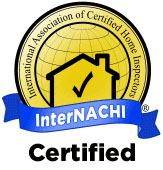
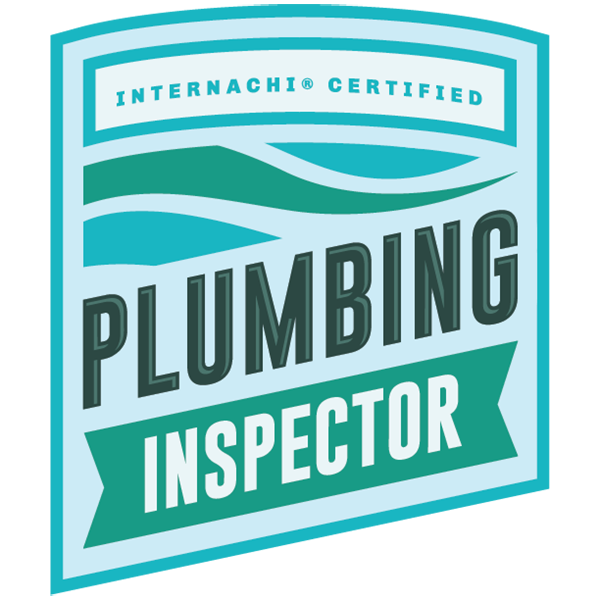
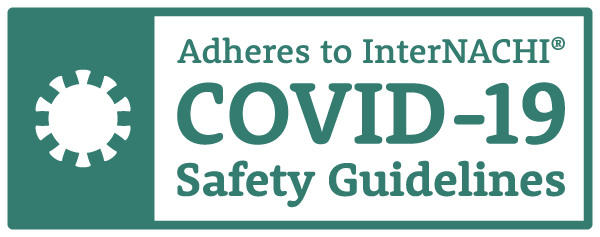
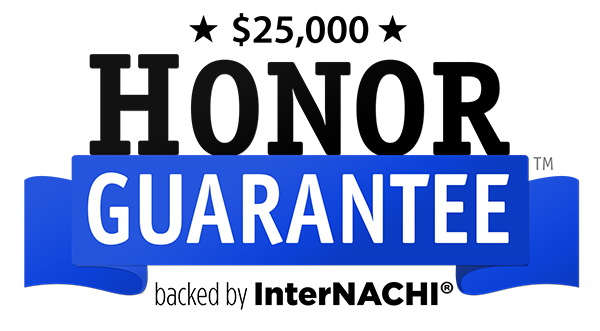
Here at Peek to Peak we are a local, family owned business. Dan is a master plumber and has been in the industry for nearly thirty years. He served in the US Navy from 1988-1992, before putting roots down in Buffalo, New York.
This is not to say that coming from a background outside of construction should discount an inspector. For instance, a drone inspector is very likely to have a background in photography. It is just important to do your research, and decide if their experience lends them to be a person you can trust.
How do you find a home inspector near you?
There are a few ways to go about this. So let’s go through them one by one:
1. Ask your friends and family!
It is very possible that they have previous experience with purchasing a home. They may have loved, hated or been indifferent to their home inspector. Regardless they can tell you who to trust or even better who not to!
2. Look at their Better Business Bureau Rating
This is such an incredible resource. It is a neutral third party review that provides a wealth of information. Here at Peak to Peek we are very proud of our A+ and many 5-star reviews, click here.

3. Read reviews elsewhere
The internet is a wealth of information. It’s how you found this article. Popular places to find reviews are Google and Yelp.
4. Ask your Real estate Agent
If the above options don’t seem to be working for you, feel free to ask your agent for recommendations.
5. Look at a national organization for home inspectors website.
These national organizations have a record of inspectors who are certified with them and can greatly help to expand your search options:
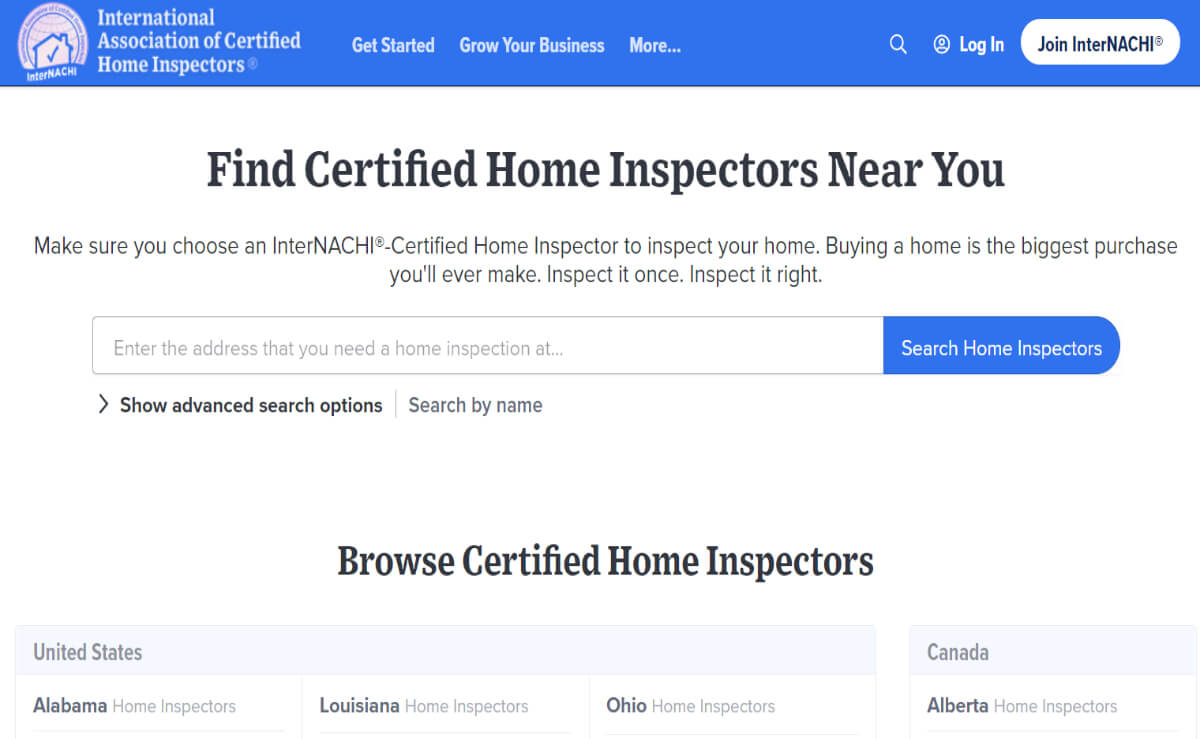
The average home inspection cost
According to ASHI, Home inspections generally cost between $300 and $1000. Realtor.com states a range of $300-$500. From what we know from our market research for the WNY, Buffalo and surrounding area, a home buyer should expect to pay $450+.
Like many services the specific cost will vary based on location. There are also additional services that one area may require, but others may not. We talk about why a home buyer may want to have radon testing done on our radon testing page.
Other services a home buyer should consider include:
For more information on current pricing check out our services page.
How long should a home inspection take?
We have previously answered this question in an in-depth article and also give some tips to speeding up the process, read it here. For a brief overview here’s what you should know:
The average home inspection should take between 1 ½ and 2 ½ hours. Generally a 1,000 square-foot home will take around 1 ½ hours. Every additional 500 square-feet of home will add an additional thirty minutes.
Tips and tricks to speed up your home inspection
There are a lot of moving pieces when it comes to making your home inspection as smooth as possible. Here are the key points from our article mentioned above:
1. Prepare ahead of time.
Yep, it’s that simple. Both the experience of your agent and the sellers’ agent are important. They can prepare the maintenance recipes on the home beforehand. Which will give you and your home inspector a better understanding of the home’s history.
2. Make sure the seller has made all areas of the home accessible.
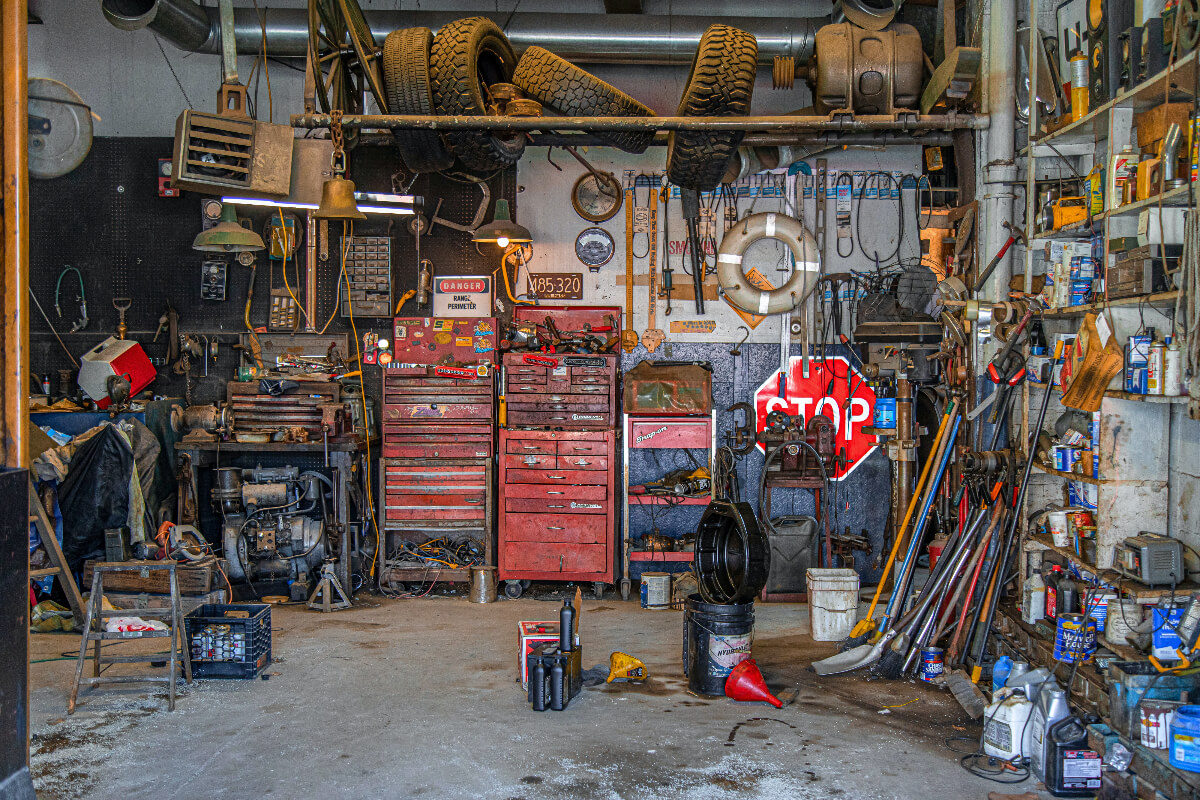
This tip is difficult for a buyer to control, so this one is for those of you selling a home. Be proactive about the accessibility of those difficult to access areas mentioned above. Having a clean and decluttered home will allow an inspector to move around. Allowing access to crawl spaces, attics and even having a clear path to furnaces can dramatically accelerate how long a home inspection may take.
What to do after your home inspection is done
1.Talk over your home inspection with your family and agent.
Hopefully you followed our advice and picked a day that you and your agent could attend the home inspection. In this case you can start to discuss if there are any major repairs that could affect your purchase.
2. Familiarize yourself with what contingency clauses are present in your contract.
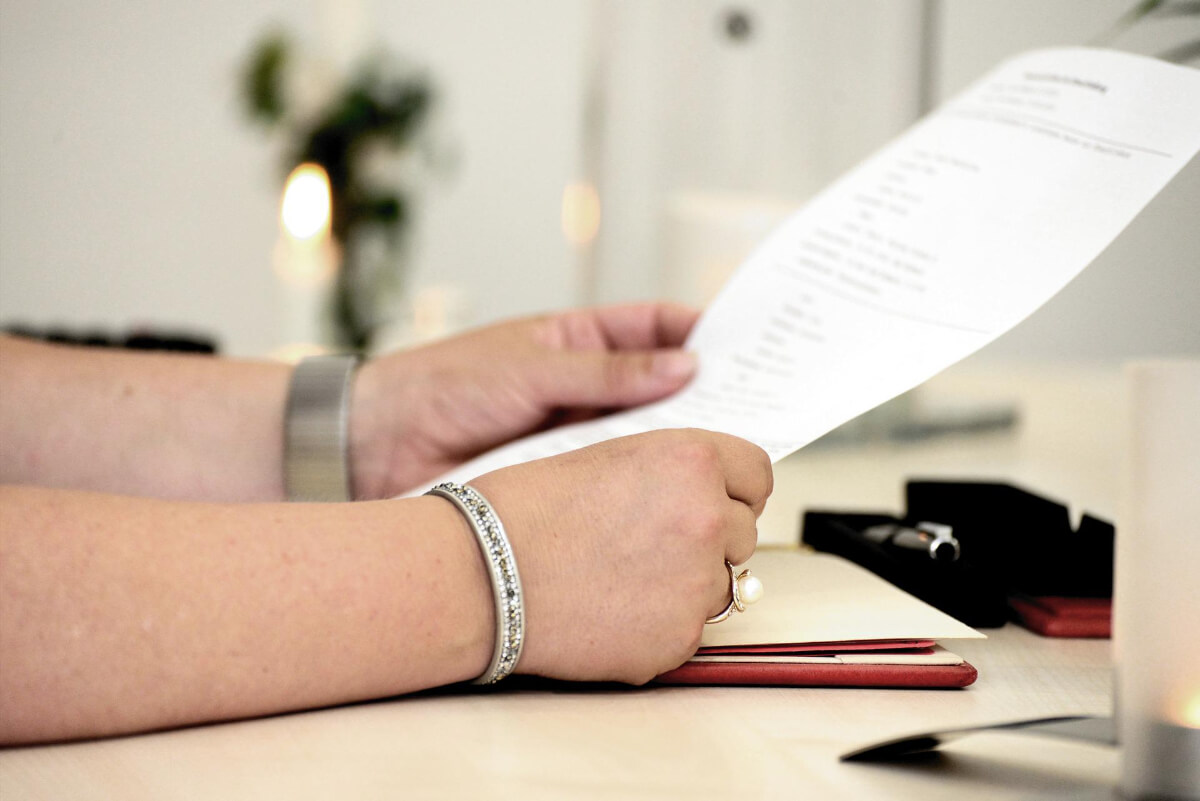
A contingency clause will define an action or condition that a real estate contract needs to meet in order to become binding.
Inspection or a due diligence contingency
An inspection or a due diligence contingency is what gives the buyer the ability to have the home inspected. Within this contingency a timeframe will be given that will determine when the inspection will need to take place.
If the terms set by this clause are not met, the contract becomes null and void. This is often seen when major defects are found and the home is shown to be unsafe. It often allows the buyer to back out of the deal with no legal consequences.
Cost-of-repair contingency
One more contingency specific to our purposes today is a cost-of-repair contingency which is sometimes included. It is used to specify the maximum dollar amount necessary for repairs.
How it is used is pretty simple: If the home inspection indicates that the necessary repairs will cost more than the stipulated dollar amount given in this clause the buyer can back out of the deal.

Let’s dive deeper!
What can you do after your inspection depends on the exact terms of your contingency report but generally you can do one of the following:
It should be noted that not all of these options are a one and done deal. Should the seller refuse to make repairs or extend the time for inspections to be made, the buyer can still choose to back out of the deal.

How long before I get my inspection report?
At Peek to Peak we aim to have your home inspection report back to you within 48 hours. Very often we have it back to you that same day.
There are many factors that may affect how long an inspector may take to generate this report, but a 48 hour wait time is very standard.
Once you have your inspection report, you should review it for anything you may have missed while attending your inspection. It is generally very lengthy and can easily be 100 pages or more.
Take your time and look it over, talk to your agent about what options you have moving forward. Also create a budget for any future repairs that may have been discussed. We are currently working on creating a home maintenance guide so check back in the future (especially after you celebrate closing!) for more helpful resources.
Resources- coming soon
We have a home inspection checklist coming soon
We have a home maintenance guide coming soon
In the meantime, feel free to contact us with any questions or schedule a home inspection today. You can fill out our contact form, call us at (716) 982-7253 or email us at peektopeakhomeinspections@gmail.com.
